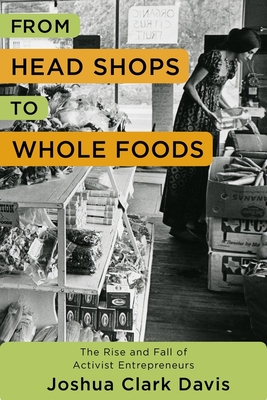Expedite your nonfiction book discovery process with Readara interviews, summaries and recommendations, Broaden your knowledge and gain insights from leading experts and scholars
In-depth, hour-long interviews with notable nonfiction authors, Gain new perspectives and ideas from the writer’s expertise and research, Valuable resource for readers and researchers
Optimize your book discovery process, Four-to eight-page summaries prepared by subject matter experts, Quickly review the book’s central messages and range of content
Books are handpicked covering a wide range of important categories and topics, Selected authors are subject experts, field professionals, or distinguished academics
Our editorial team includes books offering insights, unique views and researched-narratives in categories, Trade shows and book fairs, Book signings and in person author talks,Webinars and online events
Connect with editors and designers,Discover PR & marketing services providers, Source printers and related service providers

From Head Shops to Whole Foods: The Rise and Fall of Activist Entrepreneurs
Business & Economics > New Business Enterprises
- Columbia University Press
- Paperback
- 9780231171595
- 8.9 X 5.9 X 0.9 inches
- 1.05 pounds
- Business & Economics > New Business Enterprises
- (Single Author) Asian American
- English
Readara.com
Book Description
Vividly portraying the struggles, successes, and sacrifices of these unlikely entrepreneurs, From Head Shops to Whole Foods writes a new history of social movements and capitalism by showing how activists embraced small businesses in a way few historians have considered. The book challenges the widespread but mistaken idea that activism and political dissent are inherently antithetical to participation in the marketplace. Joshua Clark Davis uncovers the historical roots of contemporary interest in ethical consumption, social enterprise, buying local, and mission-driven business, while also showing how today's companies have adopted the language--but not often the mission--of liberation and social change.
Author Bio
I teach and research broadly in twentieth-century United States History with a focus on social movements, policing, capitalism, urban history, and African American History. My book, From Head Shops to Whole Foods: The Rise and Fall of Activist Entrepreneurs (Columbia University Press, 2017) explores how small businesses such as organic food stores, head shops, feminist businesses, and African American bookstores emerged from social movements and countercultures in the 1960s and '70s. Forerunners of today's social entrepreneurs, these companies sought to democratize American business while advancing political liberation and cultural transformation.
I’m also co-editor of the essay collection Baltimore Revisited: Stories of Inequality and Resistance in a U.S. City . My research has been supported by fellowships from the National Endowment for the Humanities and the Fulbright Scholar Program. I've written for Jacobin, The Washington Post, and The Atlantic , and my work has been featured in Time , Slate, The Chronicle of Higher Education, The Philadelphia Inquirer , and USA Today .
I am also a devoted public historian with a deep interest in working with communities beyond universities. I serve on the advisory board of the Baltimore Uprising 2015 Archive Project and as a research associate for the Library of Congress’s Radio Preservation Task Force. I also co-directed "Media and the Movement," a NEH-funded oral history and radio digitization project on activists of the Civil Rights and Black Power era who worked in media.
Education
Ph.D., M.A., University of North Carolina at Chapel Hill
B.A., University of Pennsylvania
Source: University of Baltimore
Videos
No Videos
Community reviews
No Community reviews

